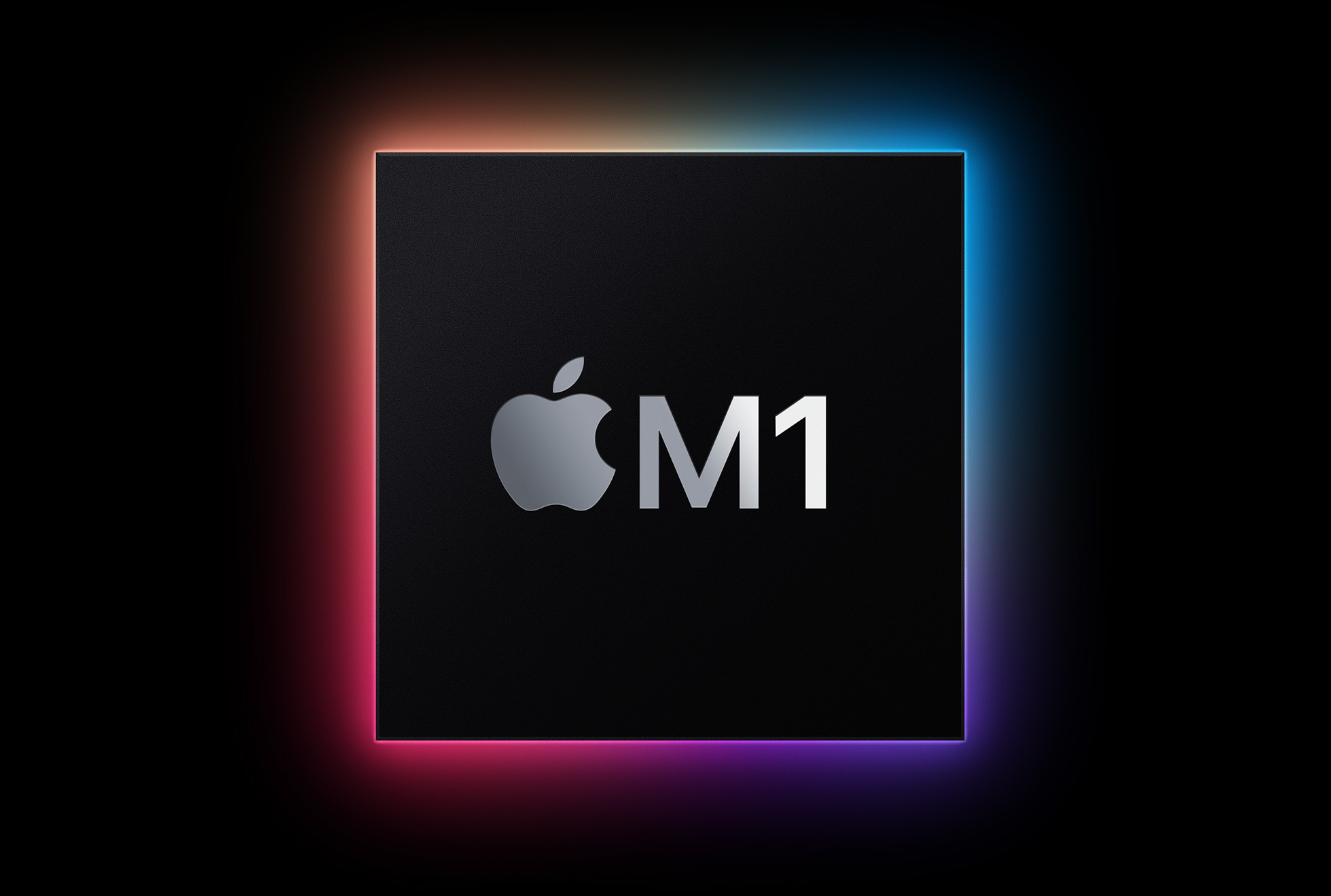
In November last year, Qualcomm announced plans to build next-generation Arm-based System on Chips (SoCs), designed to rival Apple's M-series chips, for the PC market. The chips are "designed to set the performance benchmark for Windows PCs" and are being developed by the Nuvia team. Qualcomm said that it will directly compete with Apple's M-series chips, including the M1, M1 Pro, and M1 Max, and hopes to lead the industry for "sustained performance and battery life."
During the company's latest earnings call earlier this week, Qualcomm President and CEO Christian Amon said that the Nuvia team was progressing toward its goal of developing a significant leap forward for Arm processors. Amon added that the first Nuvia-designed processor will be "going after the performance tier" and that Nuvia-powered Windows laptops are on track to be available to customers by late 2023.
The timing seems to indicate a slight delay compared to the original 2023 timeframe set out by Qualcomm last year. The company previously said that sample Nuvia chips would be available to device manufacturers by August 2022, but now that expectation has been broadened to the second half of 2022, with particular emphasis on the debut of the first consumer Nuvia devices in "late" 2023.
Qualcomm acquired Nuvia, a chip startup company founded by ex-Apple chip designers, for $1.4 billion in January 2021. The former Apple engineers wanted to create Arm-based SoCs specifically for servers and target the always-connected PC (ACPC) market with a chip that could compete with the M1, but now the team's aims seem to have been significantly broadened.
By late 2023, Apple is expected to be well into its M2 series of chips. The company may have even introduced the first M3 chips by the time the first Nuvia chips come to market.
This article, "Qualcomm's M1 Rival to Be Available in PCs by Late 2023" first appeared on MacRumors.com
Discuss this article in our forums
0 Commentaires